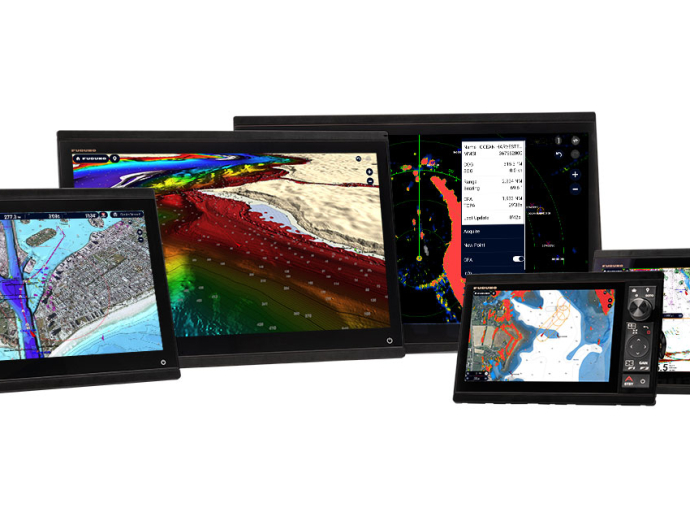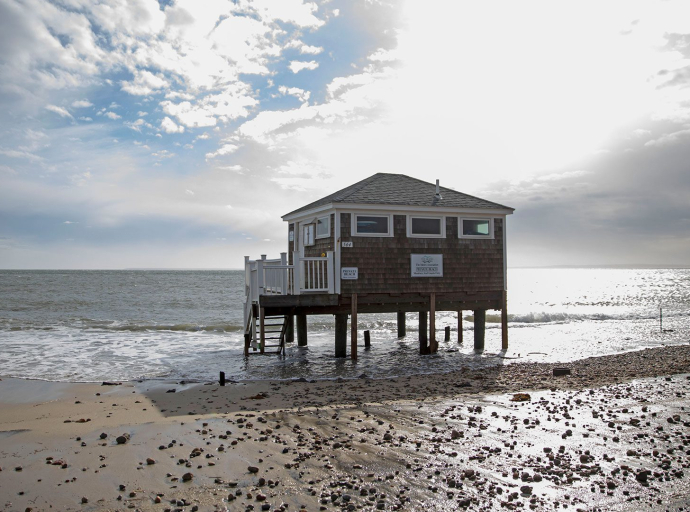Neil Brown Ocean Sensors, Inc. (NBOSI), a pioneer in research-quality conductivity-temperature sensors for mobile marine platforms, launches its latest innovation ahead of Oceanology International in London. The new integrated CTD Sensor promises to redefine underwater data collection, addressing an increasing demand for smaller, more capable unmanned underwater vehicles (UUVs) in various industries.
Science & Technology
All Stories
Blue Orca Marine (Blue Orca), a Canadian pioneer in zero-emission sustainable marine solutions, proudly announces a strategic partnership with San Francisco-based VALO, a leading provider of innovative hydrofoil systems. This collaboration marks a significant step towards revolutionizing eco-friendly maritime transportation.
The US Department of Energy (DOE) and the National Oceanic and Atmospheric Administration (NOAA) in partnership with the Woods Hole Oceanographic Institution, launched an 18-month initiative to gather extensive weather, ocean, and wildlife data near the sites of five offshore wind farms and lease areas off the coast of the Northeast United States. This effort, which is part of the third phase of the Wind Forecast Improvement Project (WFIP3), seeks to gather high-quality data to improve the design and operation of offshore wind turbines and wind farms. The collected data will be publicly available and used to inform responsible offshore wind siting, weather forecasting, and grid integration, as well as support advancements in weather and wind plant modeling.
Marine research cooperation between New Zealand and Germany has a long tradition. For more than thirty years, the GEOMAR Helmholtz Centre for Ocean Research in Kiel and the New Zealand institute GNS Science, Te Pū Ao, have been working together to explore the seafloor around the Pacific island nation. The two institutes have now signed a cooperation agreement to reinforce their mutual support. Three major joint research projects in marine resources and natural hazards in New Zealand waters are planned for the coming years.
CSA Ocean Sciences Inc. (CSA), a prominent marine environmental consulting and survey company headquartered in Stuart, Florida, US, has recently inked a significant franchise agreement with Reef Arabia, a Bahrain-based enterprise. This partnership, sealed in January 2024, authorizes CSA to manufacture and install Reef Arabia’s innovative "Majfara Reef Replacement System" and "Seamount" artificial reef units across various territories, including US domains such as the Gulf of Mexico and Hawaii, as well as regions in South America and the Caribbean.
In January, Blue Water (BWS) Van Oord to perform a float-on operation at Aabenraa Fjord for loading their three vessels onto the semi-submersible vessel “Seaway Albatross”.
Van Oord contracted Blue Water for the Femernbelt Fixed Link Project, a project that Blue Water is also deeply involved in, having the responsibility for operating the port in Rødby.
A significant task
Blue Water assisted with the port call coordination for all vessels, including crew transfer and accommodation for the seafarers disembarking the vessels now continuing their journey as cargo onboard the semi-submersible vessel.
“It has been a great pleasure working with Van Oord on this very interesting project. We have built a strong expertise within these types of operations, and it is always a pleasure to succeed with such significant tasks,” says Ömer Karakus, Assistant Manager Port Agency, who joined Van Oord for preparation meetings on each vessel while on anchorage off Aabenraa before operation start.
The Femernbelt Fixed Link Project is so far the biggest and most expensive construction project of Denmark, and it is expected to be completed by 2029. The tunnel between Denmark and Germany is to be operated by green power and with focus on energy efficiency and future-proof solutions. The link is part of a larger European strategy to create green traffic corridors.
Danelec is extending its longstanding partnership with Franman to also promote its growing digital offerings and expand its presence in Greece further.
ClassNK has awarded an approval in principle (AiP) for the design of a multi-functional floating offshore windfarm support vessel (MFSV) developed by “K” Line Wind Service, Ltd., a joint venture of Kawasaki Kisen Kaisha, Ltd. and Kawasaki Kinkai Kisen Kaisha, Ltd, together with Japan Marine United Corporation and Nihon Shipyard Co., Ltd.
Furuno, a trusted name in marine electronics, is excited to introduce the NavNet TZtouchXL series, a suite of cutting-edge Multi Function Displays (MFDs) designed to meet the demanding requirements of workboat operators, including ferries and tugboats. These MFDs bring advanced technology and rugged reliability to the forefront, ensuring seamless operations in the most challenging maritime environments.
The Department of Commerce and NOAA has announced $3.9 million in awards to help small businesses improve climate resilience in communities across the nation through the Ocean-based Climate Resilience Accelerators program. A team led by senior scientist Carol Anne Clayson at Woods Hole Oceanographic Institution (WHOI) will receive $225,480 in funding as part of the first phase of awards. The program is part of President Biden’s Investing in America agenda, and in alignment with the National Climate Resilience Framework.
Wärtsilä Gas Solutions, part of technology group Wärtsilä, introduces a groundbreaking Ammonia Fuel Supply System (AFSS) for ships able to operate with ammonia fuel. The system is available for both liquid and gaseous fuel.

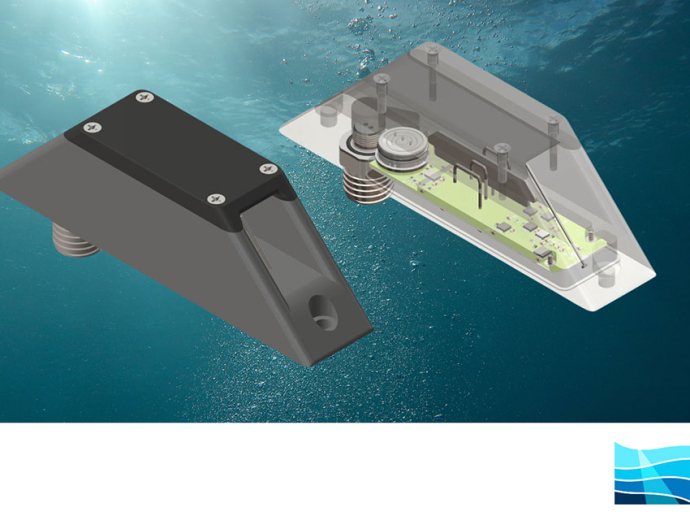
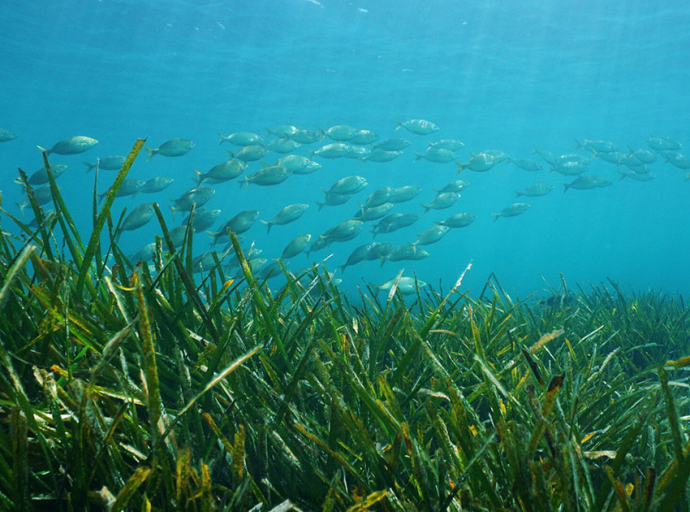
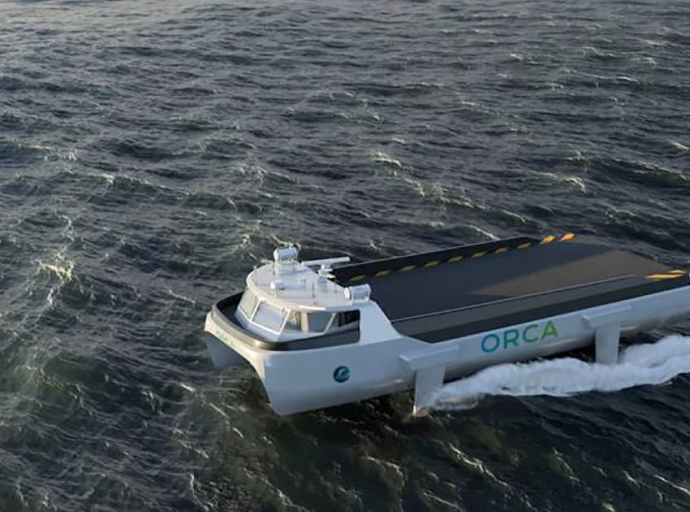
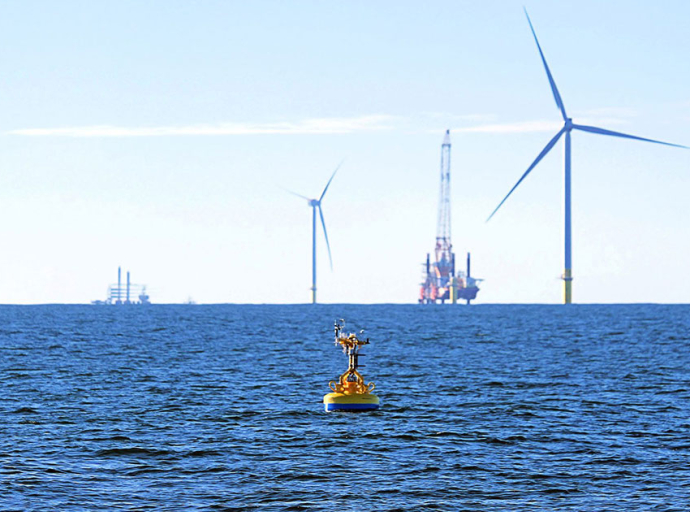
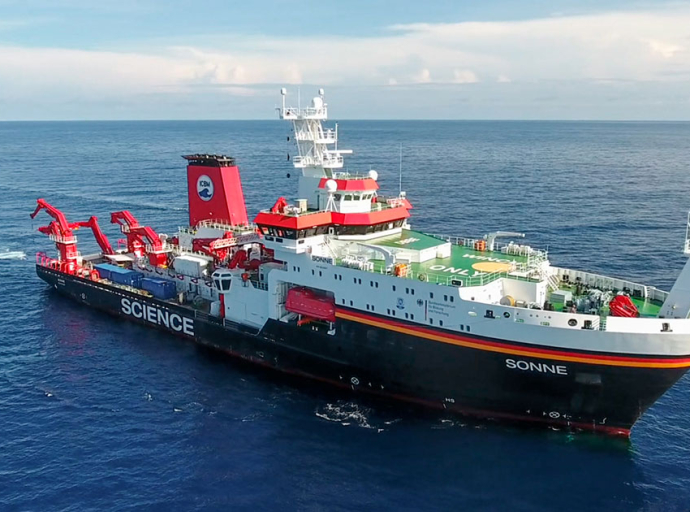
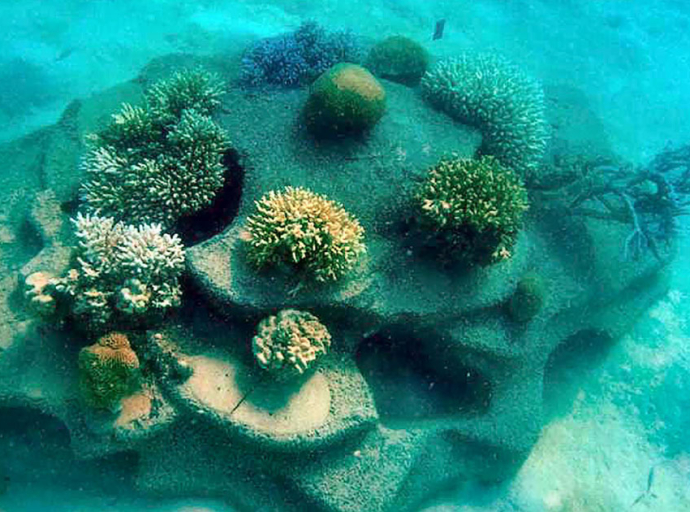
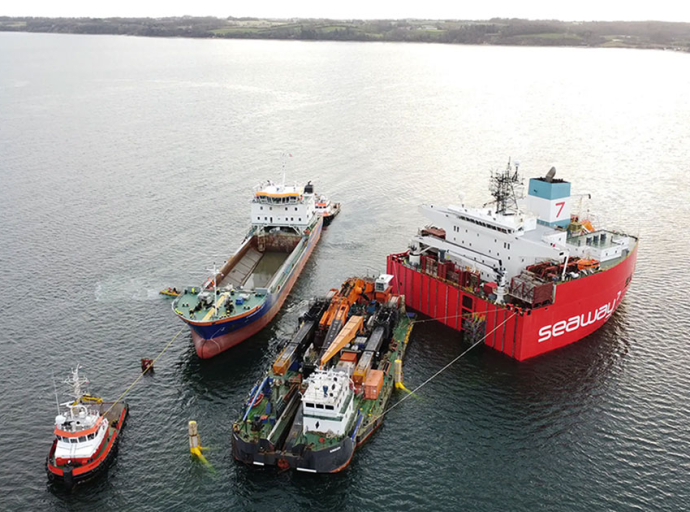
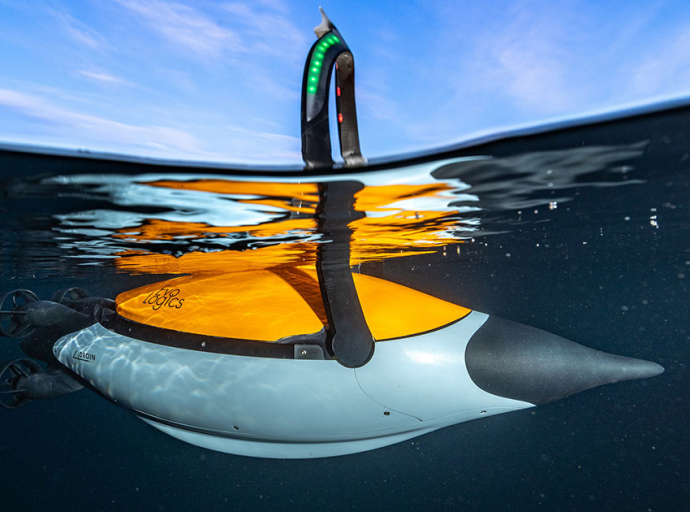

_thumbnail.jpg)
